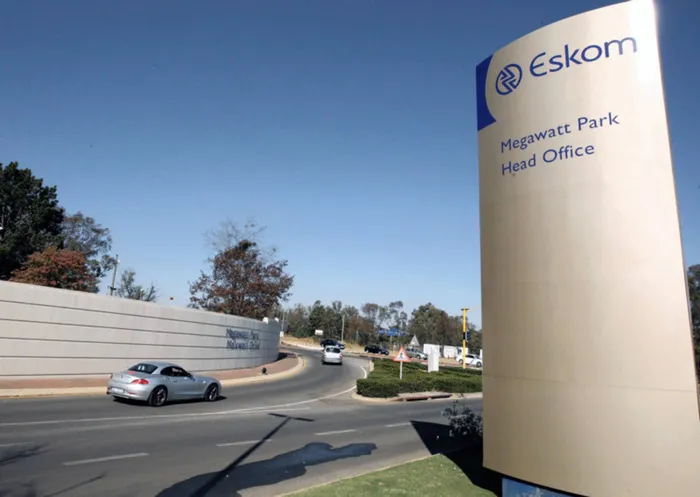Municipal debt, corruption could plunge South Africa into darkness
Municipal Accountability

Eskom’s woes are “ghost tokens” in the pre-paid electricity sector, which have led to significant revenue losses, and internal sabotage by employees.
Image: Simphiwe Mbokazi
AS Eskom’s debt spirals and municipalities flounder in financial disarray, the Standing Committee on Appropriations this week issued a stark warning: without urgent intervention, South Africa’s service delivery and energy stability face collapse.
This week, Eskom briefed the committee on the Eskom Debt Relief Bill, however, MPs remained deeply concerned that the state-owned power utility’s financial trajectory remains unsustainable.
Chairperson Mmusi Maimane minced no words: “When we examine the various pieces of legislation under consideration by this committee, it is undeniable that Eskom remains a pivotal component. The state of Eskom’s liquidity, along with serious concerns raised by municipalities around debt servicing, are critical factors, especially in light of the appropriations made to Eskom.”
Maimane fears that even with the Debt Relief Bill, Eskom will remain heavily indebted, largely due to municipal arrears. Many municipalities are unable or unwilling to pay their Eskom bills, yet the committee noted a lack of urgency in addressing these failing municipalities.
Adding to Eskom’s woes are “ghost tokens” in the pre-paid electricity sector, which have led to significant revenue losses, and internal sabotage by employees. The committee demanded decisive action on these fronts, while also urging Eskom to reduce reliance on independent power producers, warning that political interference could undermine energy security.
“Eskom cannot afford more delays. The time for bold action is now — before the lights go out for good,” the committee declared.
The crisis extends beyond Eskom. The committee also grilled the Mangaung Metropolitan Municipality over its financial mismanagement, overspending by 10-12% on employee costs and outsourced services. MPs lambasted the outsourcing of core municipal functions, which erodes institutional capacity and invites corruption.
“What should cost one rand ends up costing three, four, or even five rand due to corrupt practices,” Maimane said.
Mangaung’s three consecutive years of qualified audits — marked by weak internal controls and governance failures — further highlight systemic dysfunction. The committee demanded clarity on the metro’s Eskom debt, questioning whether any progress had been made in repayment.
Meanwhile, the City of Johannesburg provoked frustration by submitting documents just 30 minutes before its meeting, leaving MPs no time to review them. The committee postponed discussions, but the delay underscored a broader pattern of municipal incompetence.
As metros drown in debt, ordinary South Africans suffer from crumbling infrastructure. Maimane lamented the deterioration of inner cities, where economic opportunities vanish alongside failing infrastructure. “The collapse of inner cities results in the loss of housing opportunities and economic infrastructure,” he warned.
The committee issued a blunt directive to officials: Prioritise the basics. “Fix potholes, install traffic lights, ensure water access, and maintain toilets in informal settlements. Endless delays and ‘in-process’ excuses are not helping citizens.”
With Eskom’s survival and municipal stability hanging in the balance, the committee’s message is clear: corruption, inefficiency, and lack of accountability must end.
Eskom must tighten revenue collection, curb sabotage, and reduce political dependency. Municipalities must slash wasteful expenditure, recover debts, and deliver services.
Failure is not an option, because for millions of South Africans, the lights are already flickering.